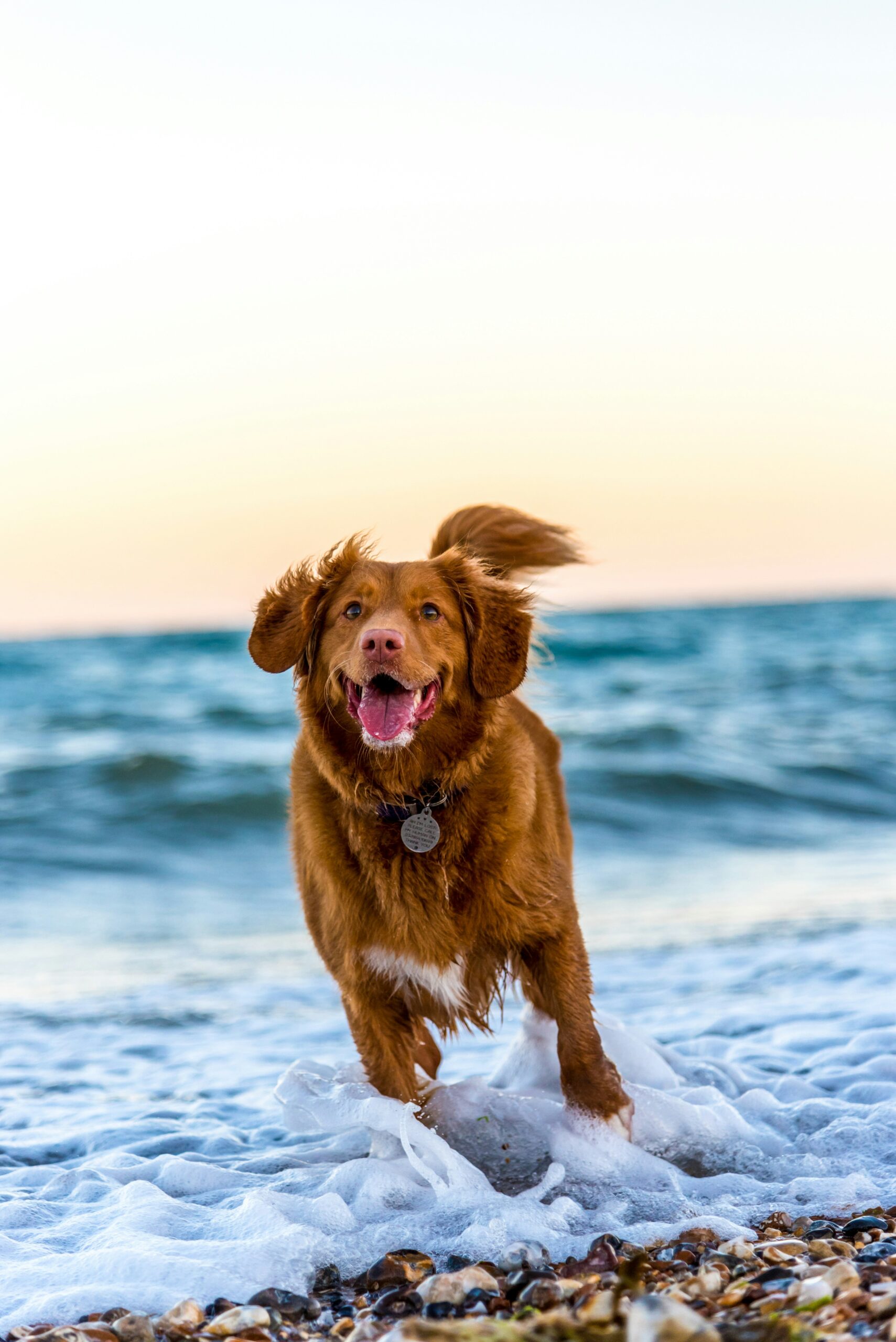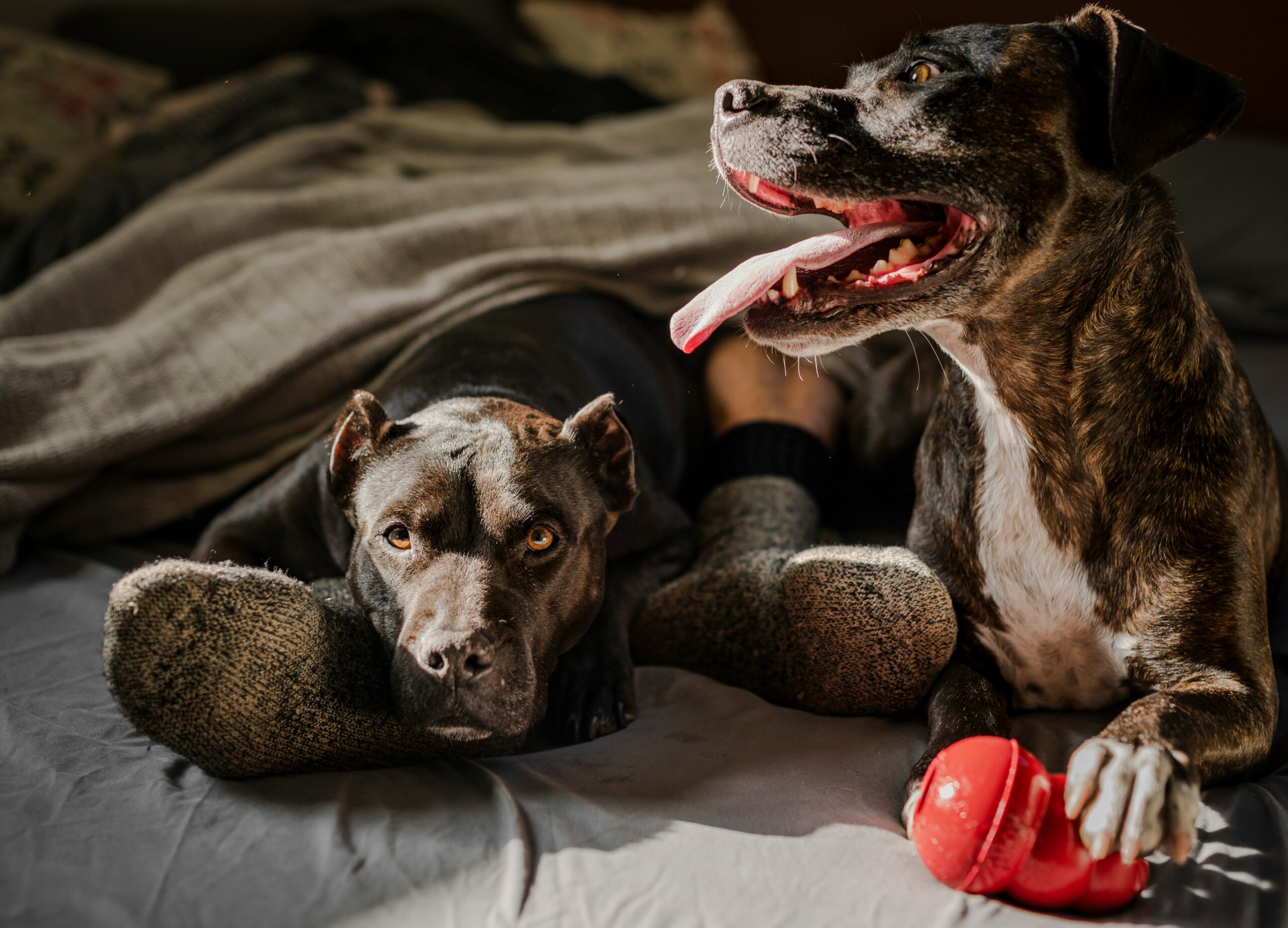Why Vaccinations Are Essential for Dogs
Owning a dog is one of the most rewarding experiences in life. They bring us joy, loyalty, and unconditional love. But being a responsible pet parent means more than giving cuddles and treats — it also means protecting your furry friend from dangerous diseases. One of the most important ways to do this is through vaccination.
Vaccinations are not just a routine formality at the vet’s office; they are a powerful shield against deadly infections that can spread quickly between dogs — and sometimes even to humans. In this article, we’ll explore why dog vaccines matter, what they protect against, and how you can keep your pet safe and healthy for years to come.
1. What Do Dog Vaccines Actually Do?
Vaccines work by training your dog’s immune system to recognize and fight off certain viruses or bacteria. When a vaccine is given, it introduces a tiny, harmless piece of the disease-causing organism — enough to trigger your dog’s immune system, but not enough to make them sick.
As a result, your dog develops antibodies that will quickly respond if they ever come into contact with the real disease. It’s like teaching the body how to defeat an enemy before the real battle even begins.
Without vaccines, your dog’s body would have to learn to fight these infections the hard way — often leading to serious illness or death.
2. Common Diseases Prevented by Vaccination
Here are some of the most common and dangerous diseases that vaccines can prevent:
• Rabies
Rabies is one of the most feared diseases — and for good reason. It’s fatal to both animals and humans once symptoms appear. Rabies spreads through the saliva of infected animals, usually via bites.
Every country has strict rabies vaccination laws because it’s the only way to keep communities safe. In many places, vaccinating your dog against rabies isn’t just recommended — it’s legally required.
• Parvovirus (Parvo)
Parvo attacks a dog’s digestive system, causing severe vomiting, bloody diarrhea, and dehydration. It’s highly contagious and can survive on surfaces for months. Puppies are especially vulnerable, and without treatment, the mortality rate is high. Vaccination is the most effective way to prevent this heartbreaking disease.
• Distemper
Canine distemper is a viral illness that affects the respiratory, digestive, and nervous systems. Symptoms can include fever, coughing, seizures, and even paralysis. It spreads through air and body fluids, making it one of the deadliest infections in unvaccinated dogs.
• Adenovirus (Hepatitis)
Canine adenovirus causes infectious hepatitis, damaging the liver, kidneys, and eyes. It spreads through contact with urine, feces, or saliva of infected dogs. A simple vaccine protects against this serious disease and prevents its spread in the dog community.
• Leptospirosis
Leptospirosis is caused by bacteria found in water, soil, or food contaminated with urine from infected animals. It can also infect humans. Symptoms include fever, vomiting, muscle pain, and in severe cases, liver or kidney failure. Vaccinating your dog helps protect both your pet and your family.
• Kennel Cough (Bordetella)
If your dog visits grooming salons, parks, or boarding kennels, the Bordetella vaccine is highly recommended. Kennel cough is a contagious respiratory infection that causes persistent coughing and throat irritation. Though not usually fatal, it’s unpleasant and easily spread — especially in social dogs.
3. When Should Dogs Be Vaccinated?
Vaccination isn’t a one-time event. Puppies need a series of shots to build strong immunity, and adult dogs require booster shots to stay protected.
Here’s a typical schedule (always confirm with your vet):
- 6–8 weeks old: First round of vaccines (Distemper, Parvo, Adenovirus, Parainfluenza)
- 10–12 weeks: Second round (same combo)
- 14–16 weeks: Final round + Rabies
- Every 1–3 years: Booster shots for core vaccines
If you adopt an older dog with no medical history, your vet will likely recommend a catch-up vaccination plan to ensure they’re fully protected.
4. Are Vaccines Safe for Dogs?
Yes, vaccines are extremely safe. Veterinarians around the world have used them for decades with proven results. Some dogs might experience mild reactions like temporary fatigue or soreness at the injection site, but serious side effects are very rare.
The risk of your dog getting a vaccine reaction is far, far lower than the risk of catching a deadly disease without it. Modern vaccines are carefully tested, and your vet will always check your dog’s health before giving any shot.
5. The Importance of Routine Vet Visits
Vaccinations are a key part of preventive care, but they work best when combined with regular veterinary checkups.
Your vet will keep a record of your dog’s vaccines, recommend boosters at the right time, and adjust the schedule if your dog’s lifestyle changes (for example, if you move to a different country or start traveling with your pet).
Remember: prevention is easier and cheaper than treatment. A single vaccine costs far less than emergency care for a preventable disease.
6. Protecting the Whole Community
Vaccinating your dog doesn’t just protect your pet — it helps protect every other animal around you. This concept is known as herd immunity.
When most dogs are vaccinated, dangerous viruses have fewer chances to spread, making the entire community safer. It’s especially important for protecting puppies, elderly dogs, and pets with weak immune systems who can’t be vaccinated yet.
7. Myths About Dog Vaccinations
Let’s clear up a few common misconceptions:
- “My dog stays indoors, so they don’t need vaccines.”
False. Even indoor dogs can be exposed through air, other animals, or contaminated surfaces (like shoes or hands). - “Vaccines are just for puppies.”
Not true. Immunity fades over time, so adult dogs need boosters to stay protected. - “Vaccines make dogs sick.”
Mild reactions happen sometimes, but they’re short-lived. The diseases we’re preventing are far more dangerous.
8. A Lifelong Gift of Health
When you vaccinate your dog, you’re giving them more than just a shot — you’re giving them a lifelong advantage. You’re sparing them the pain of preventable illness, the fear of isolation, and even potential death.
Vaccinations show that you care — not only for your own pet but for all animals in your community. It’s one of the simplest and most loving things you can do for your dog.



